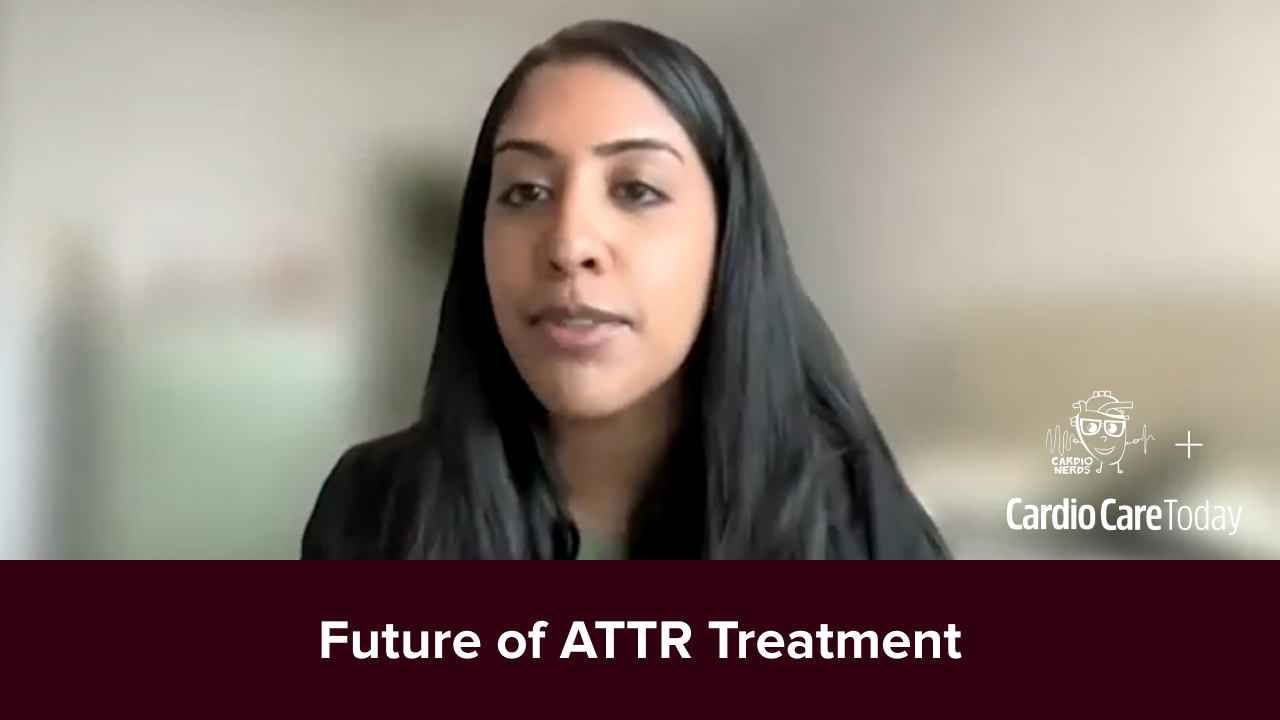
VALOR-HCM: Mavacamten Decreases Need for Septal Reduction Therapy in Symptomatic Obstructive HCM
New pharmacological agent reduces need for septal reduction therapy in patients with symptomatic obstructive hypertrophic cardiomyopathy (HCM), according to new trial discussed at the 2022 American College of Cardiology Annual Scientific Session (ACC22).
Risks Versus Benefits of Antithrombotic Therapy in Very Elderly Patients With NVAF
Researchers from the Department of Cardiology at the Sun Yat-sen Memorial Hospital of Sun Yat-sen University in Guangzhou, Guangdong Province, China, led by primary investigator, U Fan O, theorized that the prognostic benefits of prophylactic antithrombotic therapies was more significant than the risk of bleeding in elderly patients over 85 years old. Their study, published in the International Journal of Cardiology, Heart & Vasculature, reported that vitamin K antagonists (VKA) and non-vitamin K antagonist oral anticoagulants (NOACs) appeared to reduce stroke incidence and improve prognosis in patients from different age groups with non valvular atrial fibrillation (NVAF).
Artificial Intelligence Based ECG Scores Can Predict Response to Treatment in Hypertrophic Obstructive, Is This the Future?
Historically, early detection of hypertrophic cardiomyopathy (HCM) has been challenging, and prior artificial intelligence (AI) based electrocardiography (ECG) detection algorithms have proven helpful in the early diagnosis of HCM.1 As per a new research letter published in the Journal of American College of Cardiology, researchers from the PIONEER-OLE (Extension Study of Mavacamten [MYK-461] in Adults With Symptomatic Obstructive Hypertrophic Cardiomyopathy Previously Enrolled in PIONEER) report AI-based ECG can also help in monitoring disease-related physiological and hemodynamic parameters.







 © 2025 Mashup Media, LLC, a Formedics Property. All Rights Reserved.
© 2025 Mashup Media, LLC, a Formedics Property. All Rights Reserved.